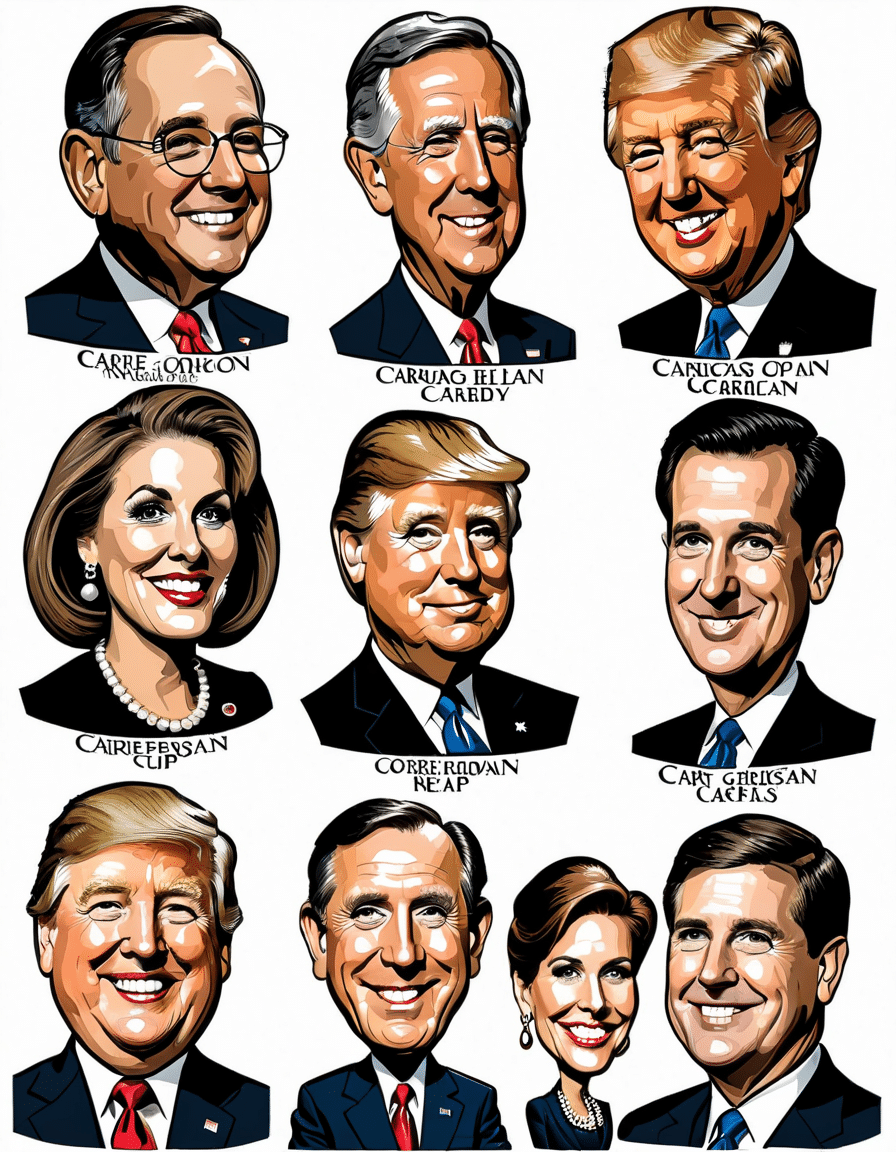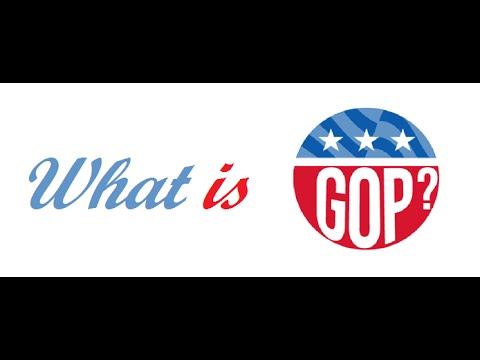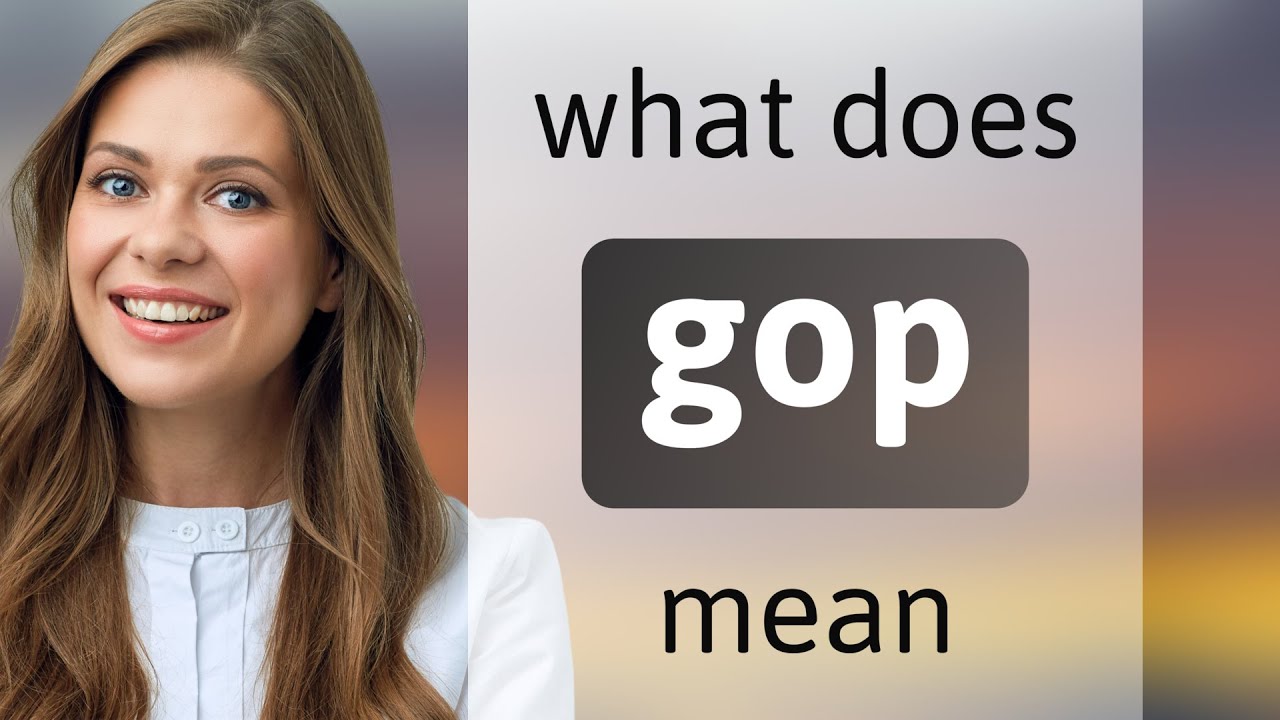Understanding the GOP meaning is crucial for anyone looking to navigate the current political landscape in the United States. The term “GOP,” short for “Grand Old Party,” refers to the Republican Party, one of the two dominant political parties in the country. Established in the 1850s, it has undergone numerous transformations, but its core values traditionally center around conservative ideologies. Today, the GOP significantly influences public policy debates, voter engagement strategies, and broader cultural conversations. By exploring the GOP meaning and its modern-day implications, we can unravel the complexities of contemporary political dynamics.
Top 5 Elements Shaping the GOP’s Political Significance
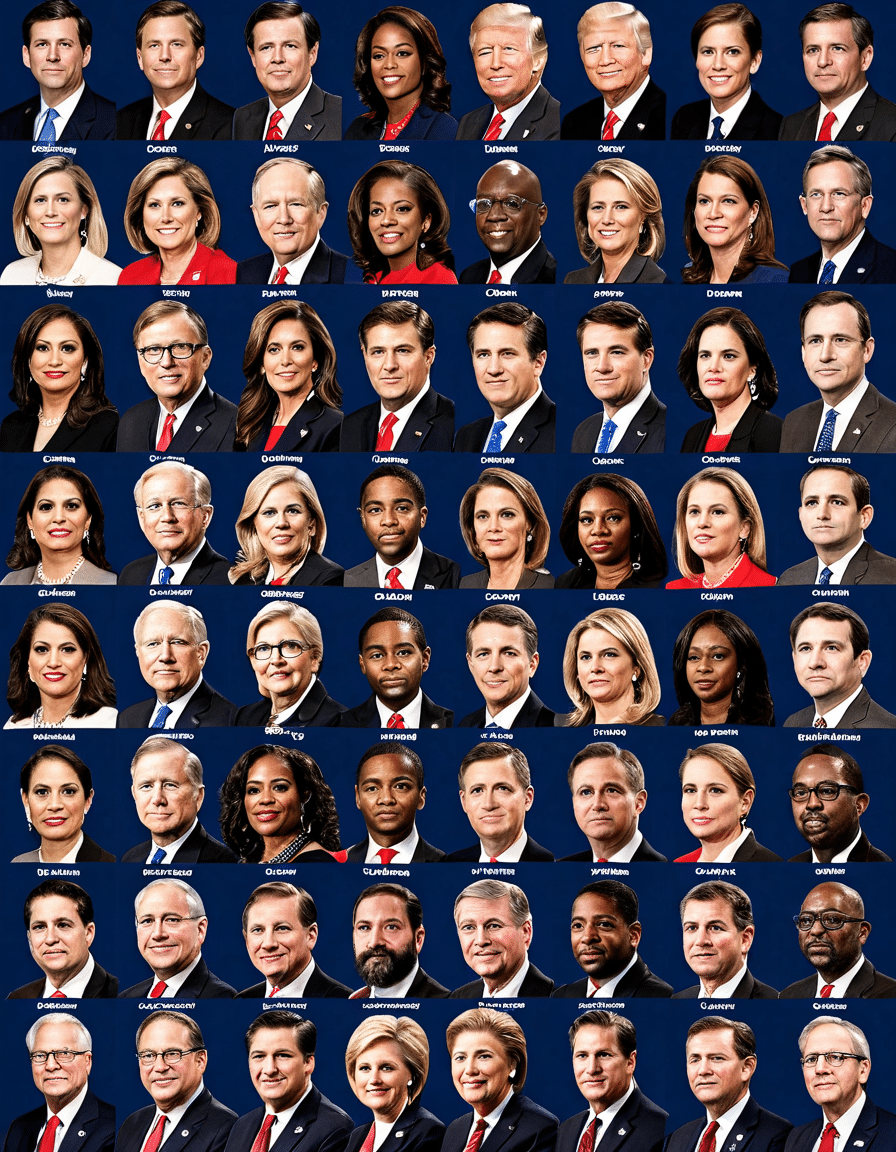
1. Ideological Underpinnings: Traditional Values vs. Modern Conservatism
The GOP has long supported conservative principles, emphasizing limited government, free-market policies, and personal freedoms. However, shifting dynamics within the party, especially the rise of influential figures like Donald Trump, have disrupted these longstanding tenets. Policies branded with the “America First” slogan reflect a populist turn, challenging traditional Republican ideologies.
This dramatic shift has serious implications for upcoming electoral strategies. Candidates adopting these new ideological stands are likely to resonate more with disenchanted voters who feel left behind by mainstream political structures. The evolving GOP meaning plays a pivotal role in shaping these electoral tactics, as party members wrestle with balancing traditional conservatism and contemporary populism.
2. Cultural Influence: CRT Meaning in Republican Discourse
A significant area where the GOP asserts its influence is in its stance on Critical Race Theory (CRT). The party has actively campaigned against CRT, framing it as a threat to traditional education and the values they associate with America. This tactic has successfully galvanized parents and suburban voters, increasingly concerned about educational content within their school districts.
In local races, this approach has proven effective, with candidates using CRT debates to drive voter turnout and engagement. The CRT meaning in this context reflects deeper societal concerns, making it a powerful element in the crusade to reclaim educational narratives. The GOP’s opposition to CRT not only underscores its cultural positioning but also highlights the need to own the dialogue surrounding fundamental American values.
3. Economic Messaging: Bide Meaning and Fiscal Policies
The economic conversations within the GOP are equally noteworthy. Leaders often emphasize the concept of “bide,” underscoring the importance of fiscal discipline. As inflation fluctuates and economic forecasts remain uncertain, the GOP argues for tax cuts and deregulation as strategies to stimulate economic growth.
Particularly in times of crisis, contrasting economic policies with the current administration’s approaches allows the GOP to position itself as the party of fiscal prudence. Capturing voter perspectives on these issues will be crucial for future electoral success. Clearly, understanding the bide meaning is essential for grasping the GOP’s evolving economic agenda.
4. Communications Strategies: The Role of Social Media and ‘Yap’ Culture
In the age of technology, the GOP has skillfully harnessed social media to communicate its messages effectively. This shift has led to an increase in what can be colloquially termed “yap” culture, where debates and discussions flourish across platforms like Twitter, Facebook, and TikTok.
Many Republican figures have embraced this format to reach younger demographics, intertwining traditional conservatism with contemporary cultural touchpoints. Influencers who align with GOP values play a significant role in shaping narratives that resonate with new audiences. By adapting to this changing landscape, the GOP seeks to expand its appeal and increase voter engagement among younger generations.
5. Pop Culture Intersections: Understanding ‘Phat’ and ‘BTS’ in GOP Appeal
The GOP’s engagement with pop culture represents another unique strategy. The party has begun using culturally relevant terms like “phat” to describe favorable policies, thus enhancing relatability among younger voters. Additionally, references to modern pop phenomena like the globally popular band BTS help create a connection that might have seemed distant in previous political discourse.
By weaving popular culture into its rhetoric, the GOP aims to bridge the generational gap. This cultural assimilation not only helps in outreach tactics but also reflects a broader understanding of how political discussions have evolved. Recognizing BTS meaning and similar cultural references illuminates the party’s approach to engaging younger citizens.
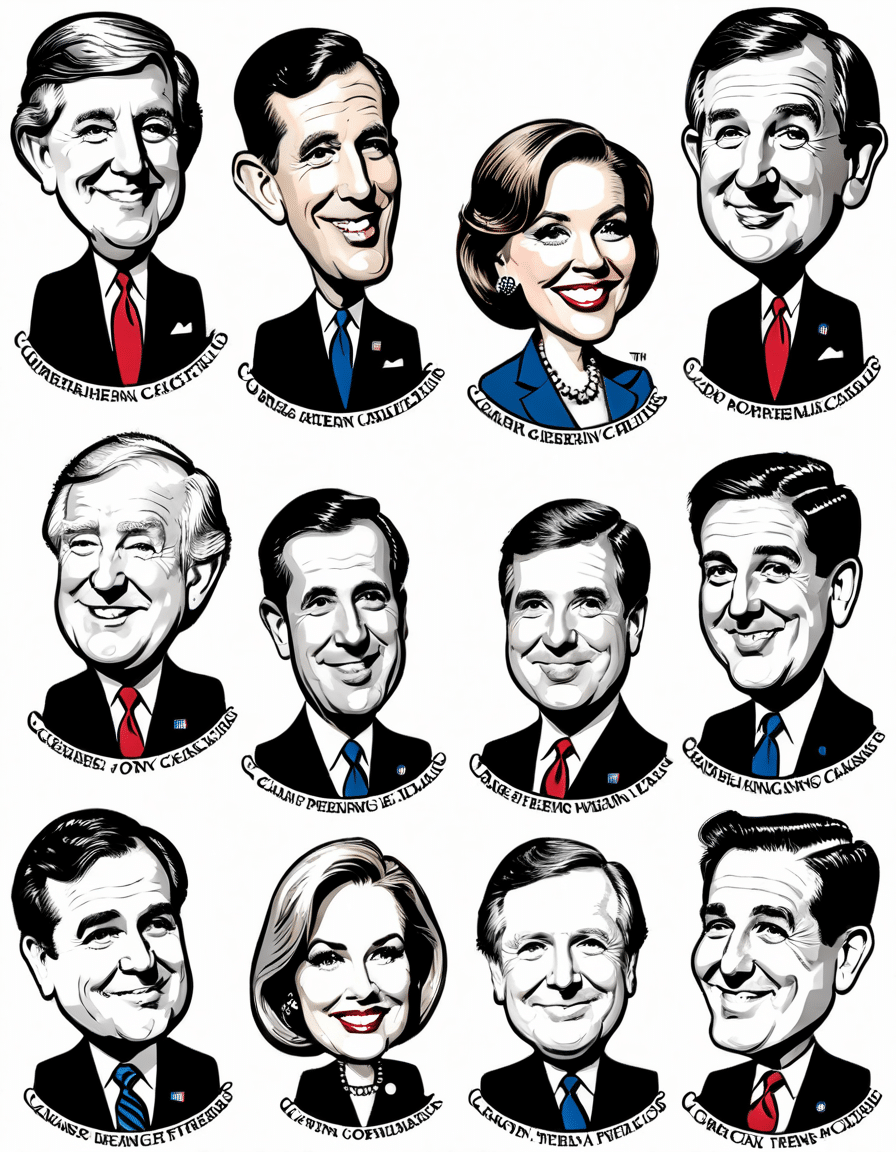
The Role of KTUU: Local Media’s Influence on GOP Propaganda
Local media outlets, such as KTUU (Alaska’s News Source), significantly impact how GOP messages are relayed to constituents. These channels provide vital coverage of local GOP events and interviews with prominent party figures, influencing public sentiment about national issues on a local scale.
By localizing Republican narratives, KTUU and similar media platforms allow voters to connect with broader national dialogues. This relationship can sway public opinion, especially in critical races where every vote counts. The integration of local perspectives into national discussions fortifies the GOP meaning and its relevance in people’s everyday lives.
As our political landscape shifts, understanding the nuances of GOP meaning becomes increasingly vital. The Republican Party’s multifaceted approach to addressing contemporary issues—from education fights and economic debates to cultural engagement—illustrates its strategies to resonate with a diverse electorate. By assessing these elements, we gain clarity on the GOP’s ongoing influence and its ability to adapt to the rapid changes in American society.
In conclusion, the interplay of ideology, cultural discourse, economic messaging, and media influence highlights the layers involved in the GOP meaning today. As we delve further into the dynamics of modern politics, the significance of this understanding cannot be overstated—it’s the key to navigating the uncertainties of an ever-changing political climate.
GOP Meaning: A Dive into Its Significance Today
When we talk about the GOP, we’re diving into a big part of American history and politics. The term stands for the “Grand Old Party,” referring to the Republican Party, which was founded in the mid-19th century. Interestingly, the party was born from a mix of anti-slavery movements and various political factions seeking to create a new political identity. This pivotal journey is similar to how certain modern cases, like the Laken Riley case, highlight societal shifts and changing perspectives in today’s political discourse.
A Bit of Context
The GOP has evolved tremendously over the years, adapting to shifts in public opinion and cultural contexts. To give you some context, think about it like how popular figures in entertainment can impact political views. For instance, the viral nature of Joe Rogan’s Trump interview Ratings shows how discussions today can shape perceptions in unexpected ways. It’s a wild ride watching how politics intertwines with media and entertainment, which can sometimes feel like the plot twists in a classic show like Barry season 4.
Fun Facts on the GOP’s Evolution
Here’s something to ponder: the GOP was the first major party to support civil rights for African Americans, a core value that has flipped back and forth over the decades. Now that’s a doozy! As we look at the GOP’s branding through the years, it plays a part akin to how trends shift from loafers to sneakers in fashion, impacting cultural conversations everywhere, including the loafer( phenomenon. And speaking of impact, it’s funny how even pop culture references can resonate in politics, much like the current discussions surrounding public safety, which sometimes draws comparisons to the risks shown in news about plane Crashes today.
In summary, understanding the GOP meaning isn’t just about politics; it’s a deep dive into the intersection of culture, media, and social movements. As we navigate this complex landscape, keep an eye on how historical references, celebrity influence, and even the prevalence of social commentary through things like the balaclava trend could shape tomorrow’s political conversations. Interestingly, even the likes of Eriq la salle could become part of the dialogue if the social media currents shift just right!
